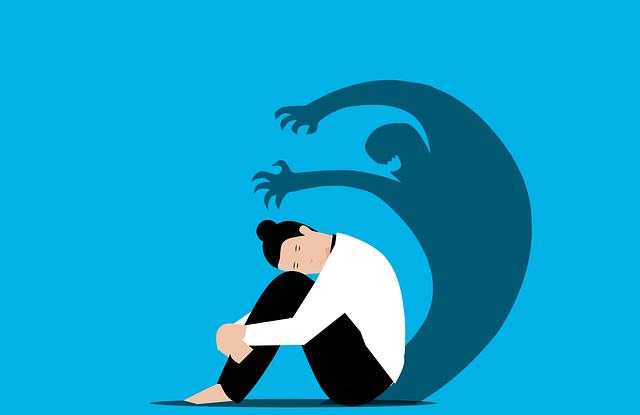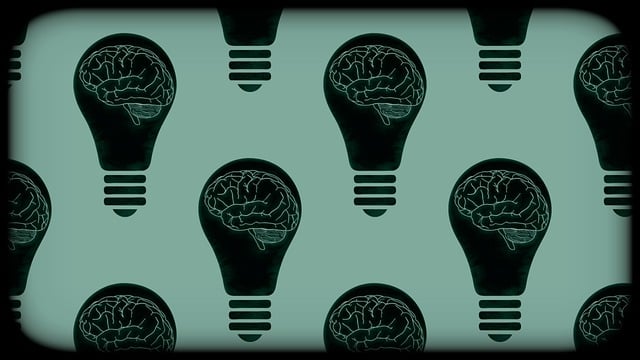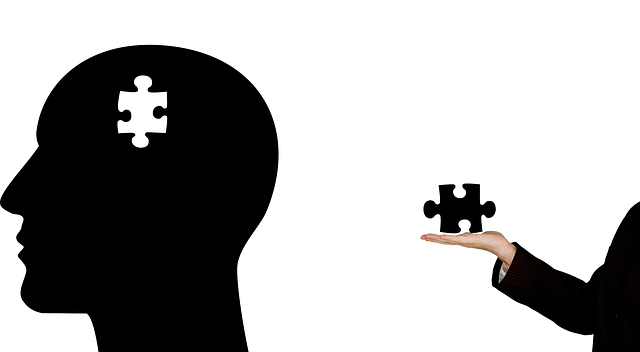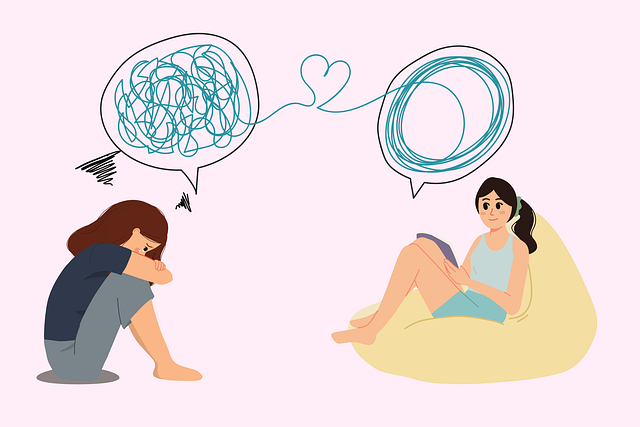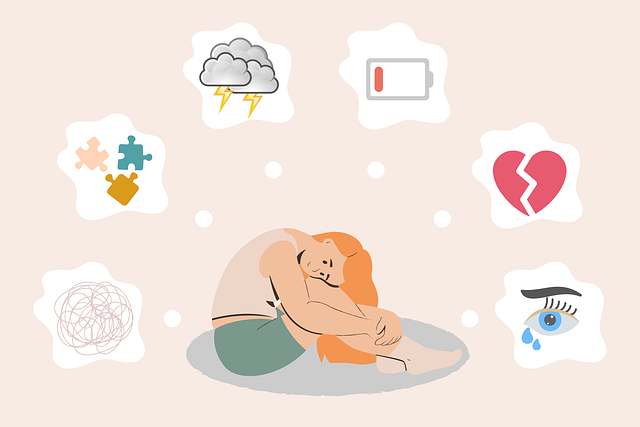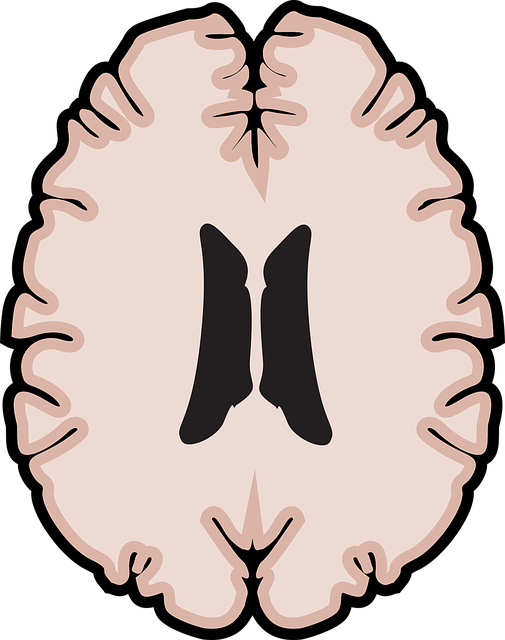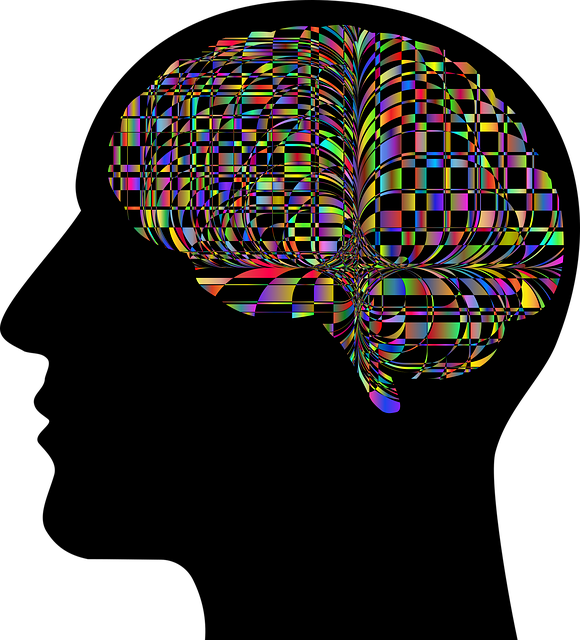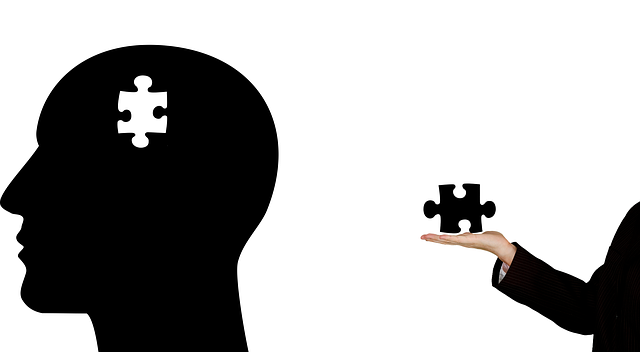Understanding and addressing unique mental health challenges faced by adult men is crucial, given historical gaps in access to services due to gender stereotypes. Effective programs include therapy tailored to men's issues, such as CBT and mindfulness, focusing on common concerns like stress, anxiety, depression, and trauma. Inner strength development through coping strategies, resilience-building, and positive thinking exercises is emphasized. Continuous support via peer networks, mentoring, regular check-ins, and educational resources improves outcomes. Strategic planning includes risk management for professionals, empowering them to offer effective guidance while maintaining their own well-being. Therapy for Adults Mens Issues is key to breaking down stigma and promoting male mental health discussions.
Mental health challenges among adult men often go unnoticed or unaddressed, highlighting the need for comprehensive education programs. This article explores the design of effective therapy programs tailored to adult men’s unique issues. We delve into understanding common mental health struggles faced by this demographic and outline key components for successful interventions. Additionally, it provides strategies for implementing and promoting continuous support networks, emphasizing the importance of ongoing care in managing mental health effectively.
- Understanding Adult Men's Mental Health Challenges
- Components of an Effective Education Program
- Implementing and Promoting Continuous Support
Understanding Adult Men's Mental Health Challenges

Understanding adult men’s mental health challenges is a critical component of designing effective education programs. Historically, there has been a significant gender gap in accessing mental health services, with many adult men facing unique barriers to seeking therapy. Stereotypes and societal expectations often discourage men from expressing emotional vulnerabilities, leading to unaddressed mental health issues. These challenges include depression, anxiety, post-traumatic stress disorder (PTSD), substance abuse, and suicide, which disproportionately affect males across various demographics.
Mental health policy analysis and advocacy play a crucial role in addressing these disparities by promoting gender-specific programs and encouraging open conversations about men’s emotional well-being. Incorporating therapy for adults men issues into educational curricula can help break down stigma and foster a supportive environment. Moreover, the development of mental wellness coaching programs tailored to male experiences can provide practical strategies for coping and resilience. Additionally, producing mental wellness podcast series can offer accessible platforms for sharing stories, offering advice, and normalizing the discussion of men’s mental health challenges.
Components of an Effective Education Program

An effective mental health education program should be multifaceted, addressing various aspects of well-being to cater to diverse needs. Firstly, it must incorporate therapy for adults and men’s issues, tailored to address common concerns such as stress, anxiety, depression, and trauma. This can involve individual or group sessions, utilizing evidence-based practices like cognitive-behavioural therapy (CBT) and mindfulness techniques.
Additionally, the program should focus on inner strength development by empowering individuals with coping strategies and resilience-building skills. Incorporating positive thinking exercises and teaching stress management techniques can significantly enhance participants’ ability to navigate life’s challenges. Trauma support services, including safe space creation and specialized workshops, are also crucial components for those who have experienced traumatic events.
Implementing and Promoting Continuous Support

Implementing continuous support is a cornerstone of effective mental health education programs design, particularly when focusing on therapy for adults and men’s issues. This involves creating an environment where individuals feel supported long after formal training or workshops conclude. One way to achieve this is through peer support networks and mentoring programs, where trained professionals and peers with lived experiences can offer ongoing guidance and a safe space for discussion. Regular check-ins, accessible resources, and ongoing education sessions contribute to a culture of continuous learning and improvement, fostering better mental health outcomes.
Promoting such support systems requires strategic planning, including risk management considerations for mental health professionals. Mental Health Education Programs Design should incorporate stress management techniques and resilience building into their curriculum, ensuring that practitioners are equipped to handle the emotional demands of their work while maintaining their own well-being. This not only benefits the professionals but also enhances their ability to support others effectively.
Mental health education programs play a pivotal role in addressing the unique challenges faced by adult men, such as stigma, underreporting, and access to appropriate therapy for adults men’s issues. By incorporating evidence-based strategies and focusing on awareness, skills development, and continuous support, we can create inclusive environments that foster open conversations about mental well-being. Implementing these programs effectively requires collaboration across sectors, tailored content, and ongoing evaluation to ensure they meet the evolving needs of adult male populations.

